Somewhere, possibly in the land of big sheds, just off the M1 in Leicestershire, must be a burgeoning NHS surplus store. Its shelves will be groaning with ventilators and testing kits which turned out not to work, surgical gloves, bibs and masks which turned out to be defective – and quite possibly, in months to come, with millions of shots of vaccines which won’t be able to be used.
It was announced this morning that the government has signed up for 60 million doses of a vaccine being developed by GSK and Sanofi – although the financial details of the deal were not released. GSK says the vaccine will enter clinical trials this autumn and will – possibly – be ready for manufacture in the second half of 2021. This order is in addition to the 100 million shots of Oxford/Astra Zeneca vaccine, 30 million of a vaccine being developed by BioNtech and Pfizer and 60 million of a vaccine being developed by Valneva. That is a total of 250 million shots of vaccine for a country of 65 million people – Britain is not going to be a safe place in the coming months for anyone with a needle phobia.
It is not necessarily going to end here, either. There are around 140 other Covid-19 vaccines being developed around the world. Given that the government still has no real idea of which will work, if any, it is hard to see at what point ministers and officials draw the line and stop this speculative vaccine shopping spree.
It all comes in spite of warnings by Kate Bingham, the chair of the government’s Vaccine Taskforce that ‘the fact remains we may never get a vaccine and if we do get one, we have to be prepared that it may not be a vaccine which prevents getting the virus, but rather one that reduces symptoms.’ The problem we have at the moment is that while several vaccines have shown promise in provoking volunteers’ bodies into producing antibodies, we have no idea yet whether those antibodies will actually succeed in protecting the body against infection. That is the question which will be answered by phase 3 trials currently underway.
Signing these kinds of deals upfront has two possible advantages for the government: it puts Britain at, or towards, the front of the queue for a successful virus – should one emerge. Secondly, a little more altruistically, it helps fund the development of vaccines – making it a little more likely that a successful vaccine will emerge for everyone’s use. But there doesn’t seem to be any lack of private capital swishing around for the pharmaceutical giants at the moment – there are plenty who want to speculate on securing a piece of what could be a very large pie.
Trouble is that, while the UK government is helping funding development through these deals, it will not be in line to reap a share of the proceeds if these vaccine turn out to be successful. We know the government doesn’t like ‘picking winners’ in industry – an aversion left over from the 1970s when governments poured millions into the likes of British Leyland – but then trying to pick winners seems a rather better strategy than buying vast amounts of a product under development, not knowing whether it will be successful or not, and knowing that even if it is successful, you won’t be enjoying a share of the profits from the enterprise. Couldn’t we just wait to see which, if any, vaccines work and then buy them – even if it does mean a few weeks’ delay in obtaining supplies?
Got something to add? Join the discussion and comment below.
Get 10 issues for just $10
Subscribe to The Spectator Australia today for the next 10 magazine issues, plus full online access, for just $10.


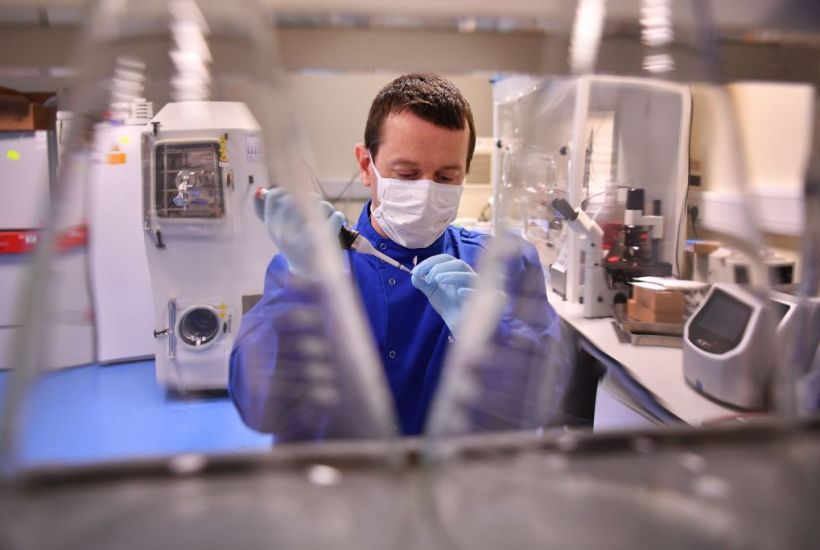
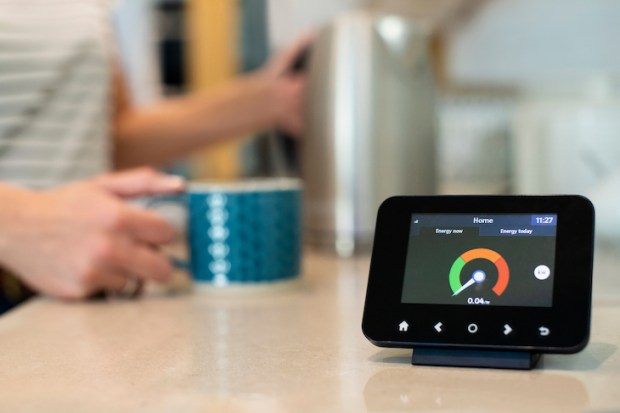
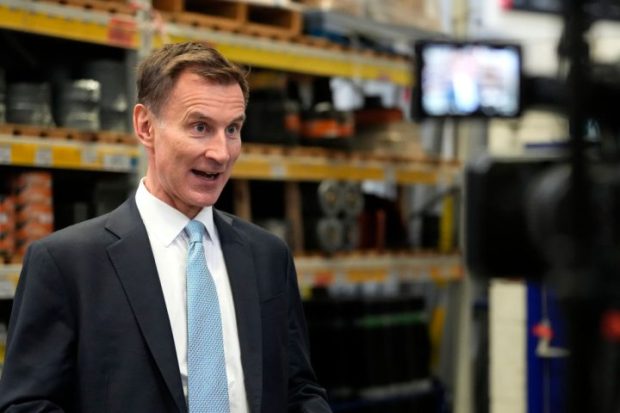
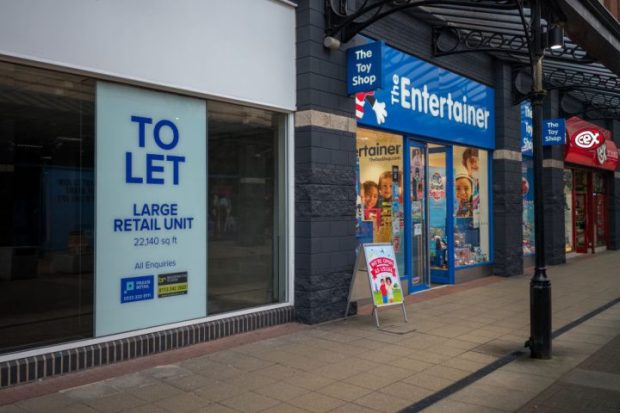

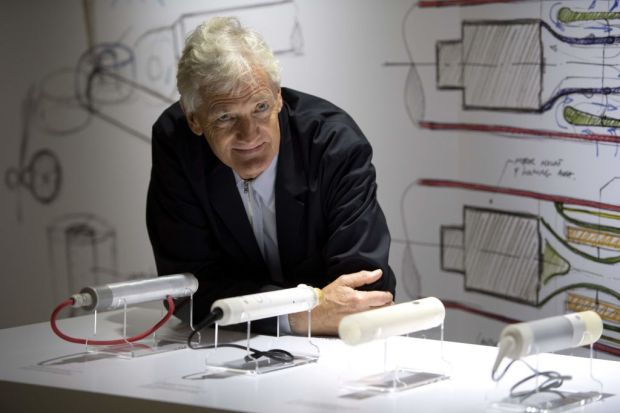













Comments
Don't miss out
Join the conversation with other Spectator Australia readers. Subscribe to leave a comment.
SUBSCRIBEAlready a subscriber? Log in